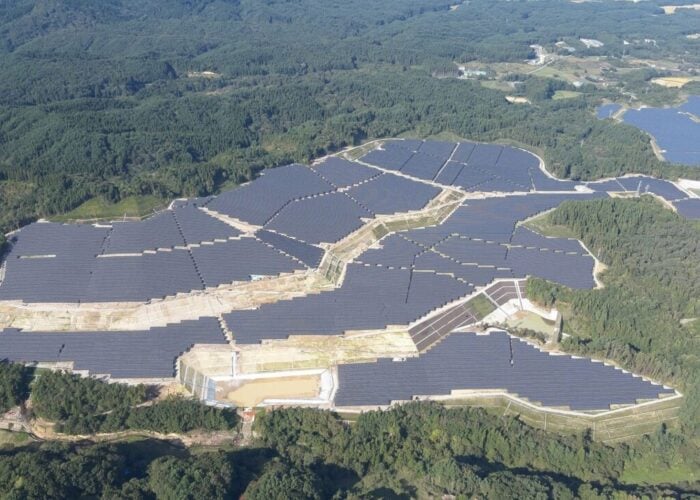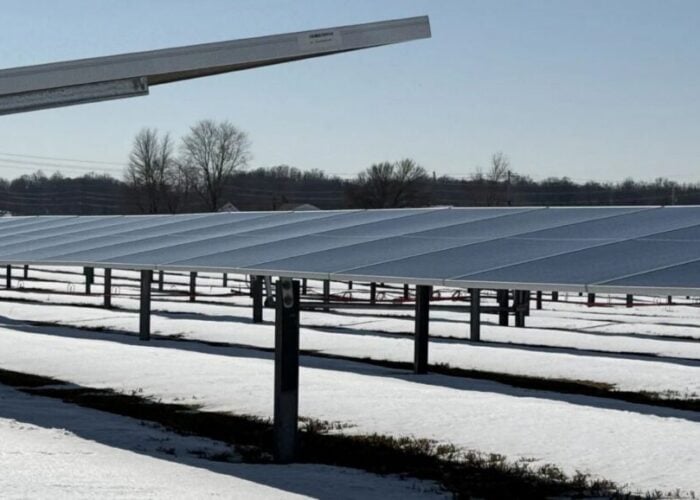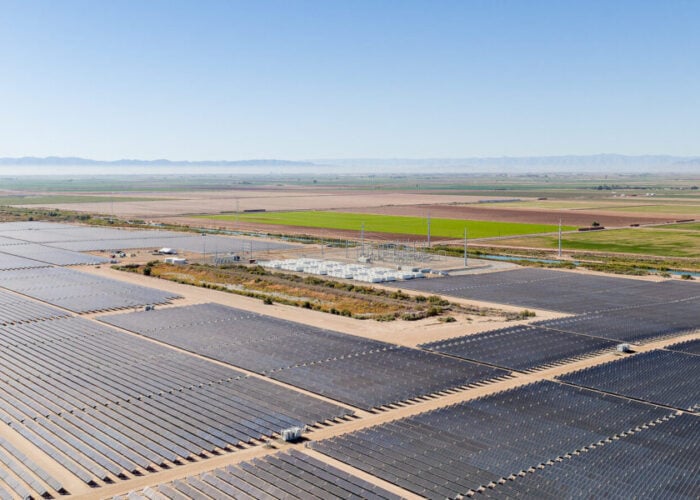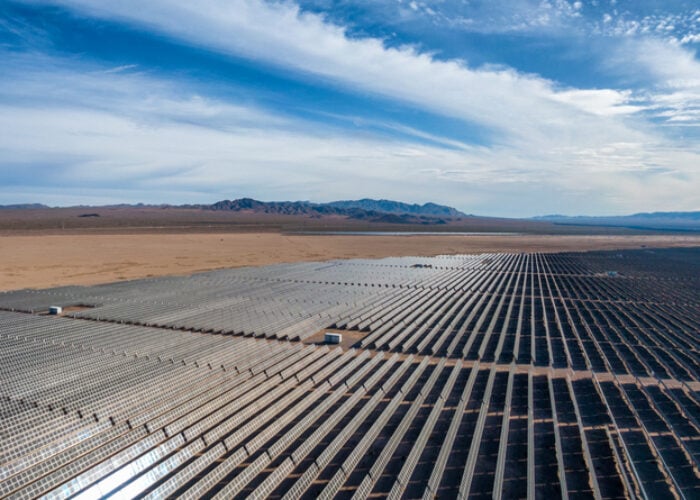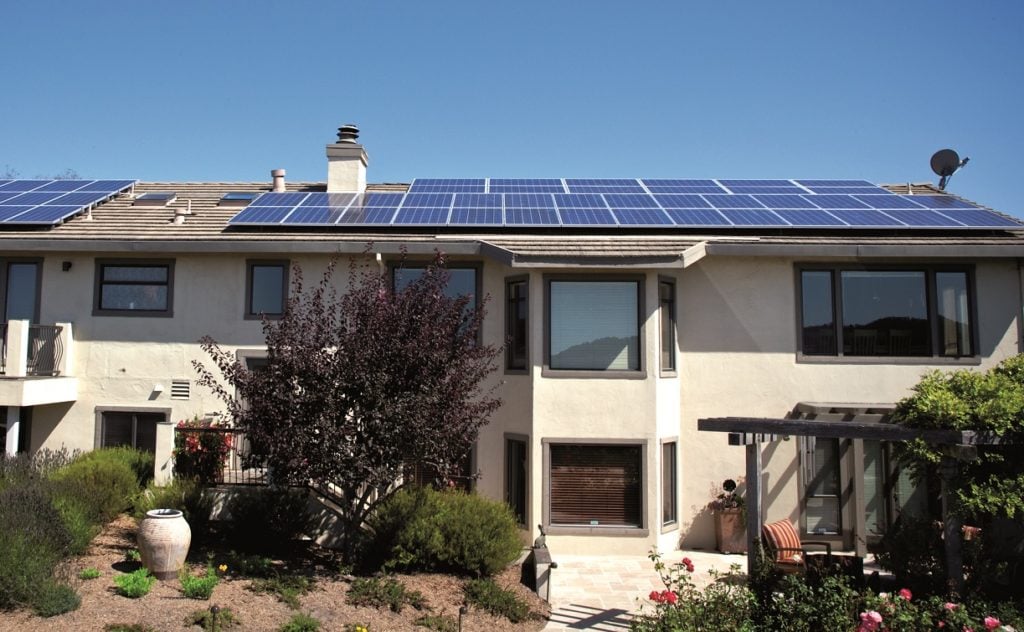
California’s Solar Access Act (SAA) has passed the state’s Senate, clearing its final legislative hurdle, and will now be sent to Governor Gavin Newsom to be signed into law.
The Act demands instant, online solar permitting in cities and counties. Lawmakers hope it will decrease approval times for residential solar and solar-plus-storage systems, cut permitting costs for local governments and homeowners at the same time as helping California meet its target of becoming carbon neutral by 2045.
Try Premium for just $1
- Full premium access for the first month at only $1
- Converts to an annual rate after 30 days unless cancelled
- Cancel anytime during the trial period
Premium Benefits
- Expert industry analysis and interviews
- Digital access to PV Tech Power journal
- Exclusive event discounts
Or get the full Premium subscription right away
Or continue reading this article for free
Co-sponsored by SPUR and Environment California, the SAA passed California’s Senate on a concurrence vote of 33-3. It was put forward by Democrat Senator Scott Wiener from San Francisco and was co-authored by Assembly member Al Muratsuchi.
“It takes way too long to get permits for clean energy,” said Senator Wiener. “For the future of our planet, we need to make it easier to install solar panels and energy storage on homes across the state. The Solar Access Act will help California achieve our climate goals.”
The lawmakers said that while the cost of solar has decreased in recent years, the high costs associated with installation — including local permitting and inspection requirements — have remained prohibitive for many.
Moreover, delays due to long permit and inspection wait times have also blunted solar deployment in the state but automated permitting solves both of these issues, Wiener’s team said.
“The Solar Access Act will allow California to implement a timely and comprehensive solution.”
The SAA requires cities with more than 5,000 residents, counties with more than 150,000 residents and all cities within those counties, to implement instant online permitting for solar and solar-plus-storage systems.
The requirement will go into effect starting 30 September 2024 for cities under 50,000 residents, and 30 September 2023 for cities, counties, and cities and counties over 50,000 residents. The requirement also applies to charter cities.
The implementation of online permitting is to be facilitated with new automated permitting systems such as the National Renewable Energy Laboratory’s (NREL) SolarAPP+, which is a free-to-use programme to support local governments with residential solar and solar-plus-storage system permitting.
SolarAPP+ provides a web-based portal that streamlines and automates permit reviews, and can be easily implemented into existing local government permitting software, NREL said.
NREL first introduced SolarAPP+ in late 2020 and has slowly expanded the programme’s capabilities, with many local jurisdictions in California already using the system.
California’s residential solar sector has been racked with uncertainty over the past year or so. The California Public Utilities Commission (CPUC) had proposed changes to the state’s net meter laws, dubbed NEM 3.0, that would have slashed solar export credits by about 80% and added a US$57 per month fixed charge for the average residential system, partially offset by a US$15 per month credit for ten years, making residential solar far less lucrative for customers.
But the CPUC decided to indefinitely delay its decision on the changes in February following significant backlash from consumer groups, trade bodies and Californian politicians, who called for a “dramatically revised policy”. In May it admitted defeat and asked for feedback on how a better designed system could work as it seeks to reboot the process.

